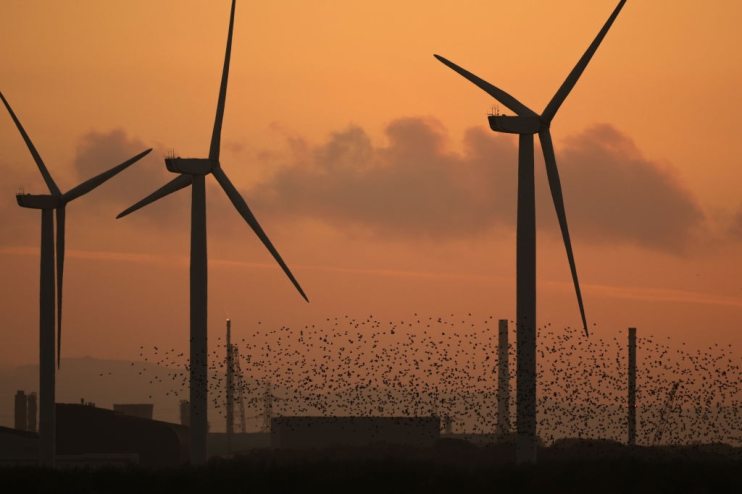UK’s net-zero strategy will ‘support’ 440,000 jobs by 2030, says Boris Johnson

The UK’s newly unveiled strategy to reach net-zero carbon emissions by 2050 will “support” 440,000 new jobs over the next decade, according to Boris Johnson.
Johnson said the UK’s “net-zero strategy”, released today, will also “unlock” £90 billion in investment by 2030.
The document pledges that the UK will be powered entirely by clean electricity by 2035, subject to security of supply, and a wave of investment into wind power.
“The UK’s path to ending our contribution to climate change will be paved with well-paid jobs, billions in investment and thriving green industries – powering our green industrial revolution across the country,” Johnson said.
“By moving first and taking bold action, we will build a defining competitive edge in electric vehicles, offshore wind, carbon capture technology and more, whilst supporting people and businesses along the way.”
The 368-page strategy includes an extra £350m funding to “support the electrification of UK vehicles and their supply chains” and £620m to help build electric vehicle charging points.
The government also announced the three-year £450m Boiler Upgrade Scheme last night, which will see households able to apply for grants worth £5,000 to change their boilers to more environmental friendly heat pumps.
It comes as a part of £3.9bn of funding to decarbonise buildings.
There will also be a ban on the sale of new household gas boilers, which make up 20 per cent of the UK’s Co2 emissions, from 2035.
Business and energy minister Greg Hands told MPs that the government’s strategy “is not just an environmental transition, it represents an important economic change too”.
“We will fully embrace this new green industrial revolution helping the UK to level up as we build back better and get to the front of the global race to go green,” he said.
Shadow business secretary Ed Miliband said he appreciated climate change was a priority across the political spectrum now, but that the government’s plan did not go far enough.
“The failure to invest does not just affect whether this transition is fair for consumers but also workers in existing industries. Take steel. it will cost £6bn for the steel industry to get to net zero in the next 15 years … but there is nothing for steel in this document,” he said.